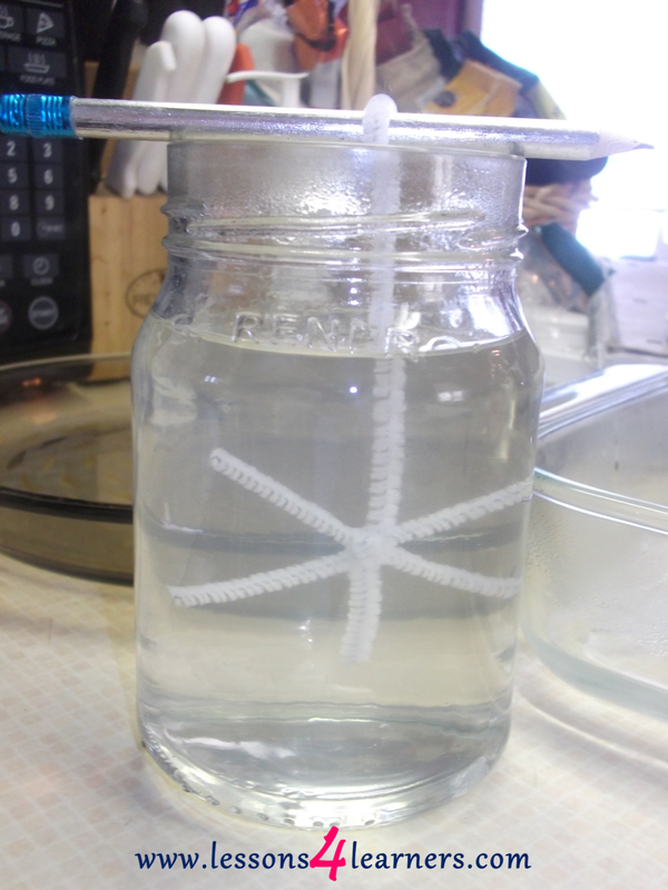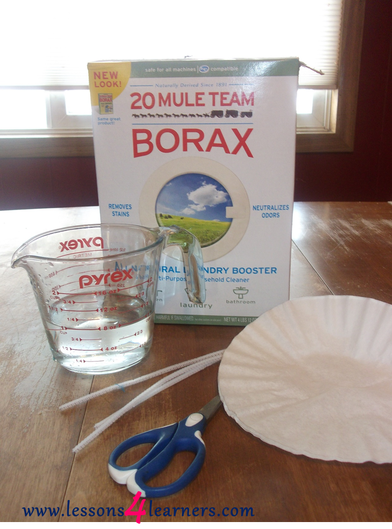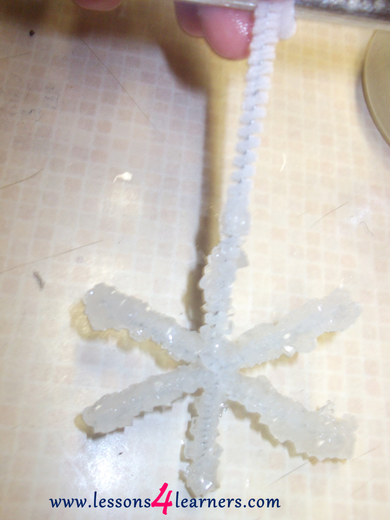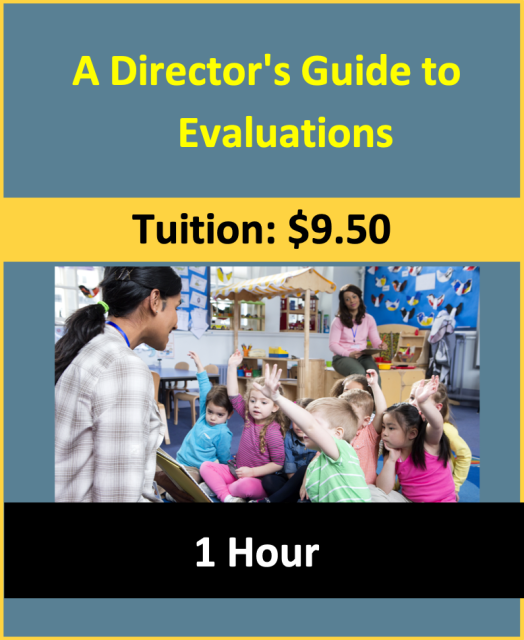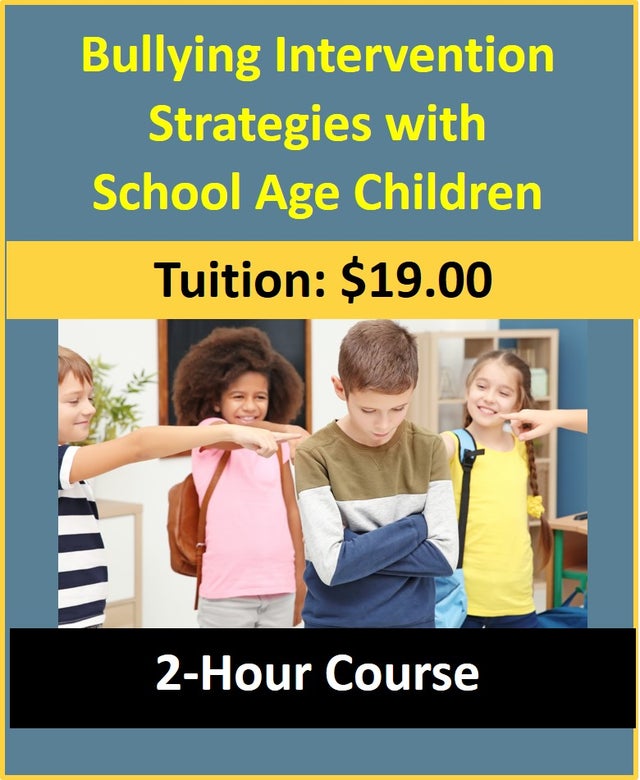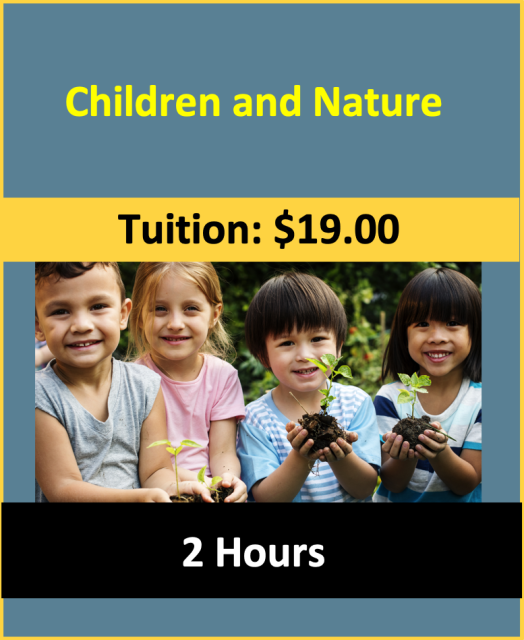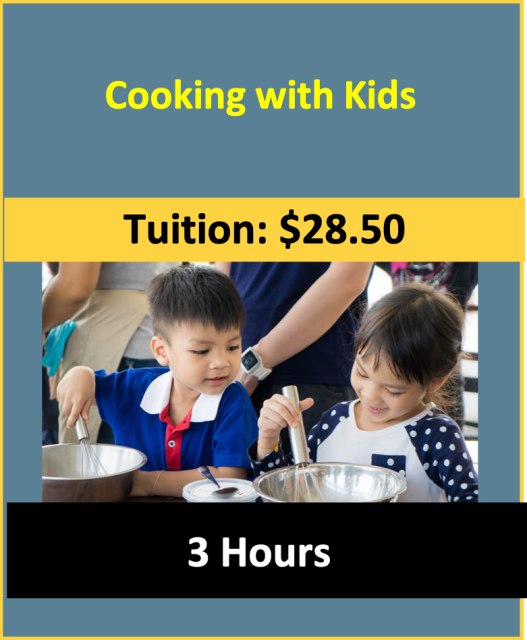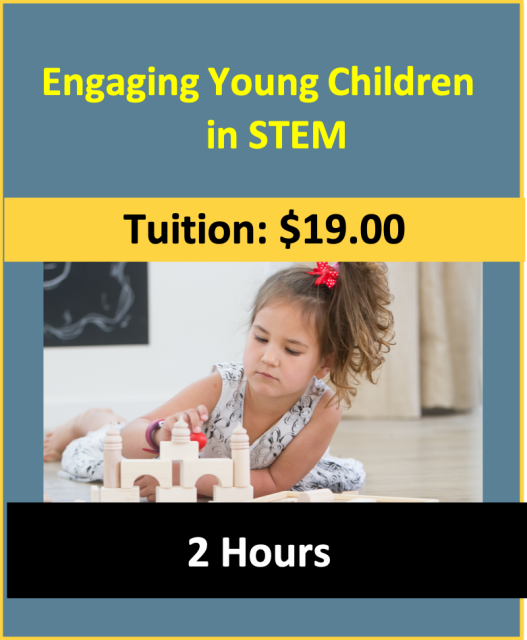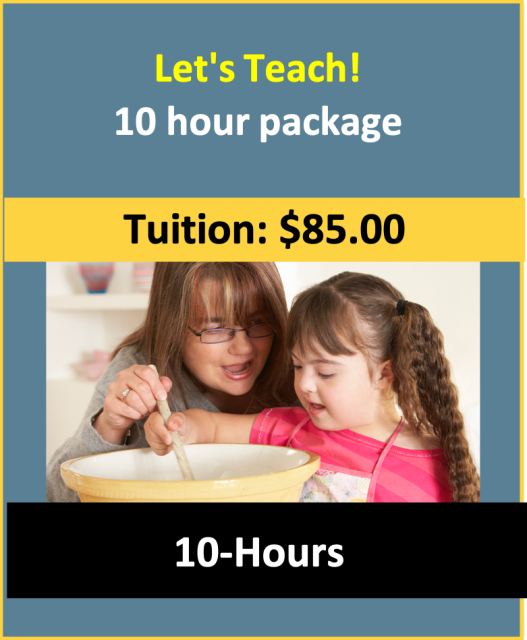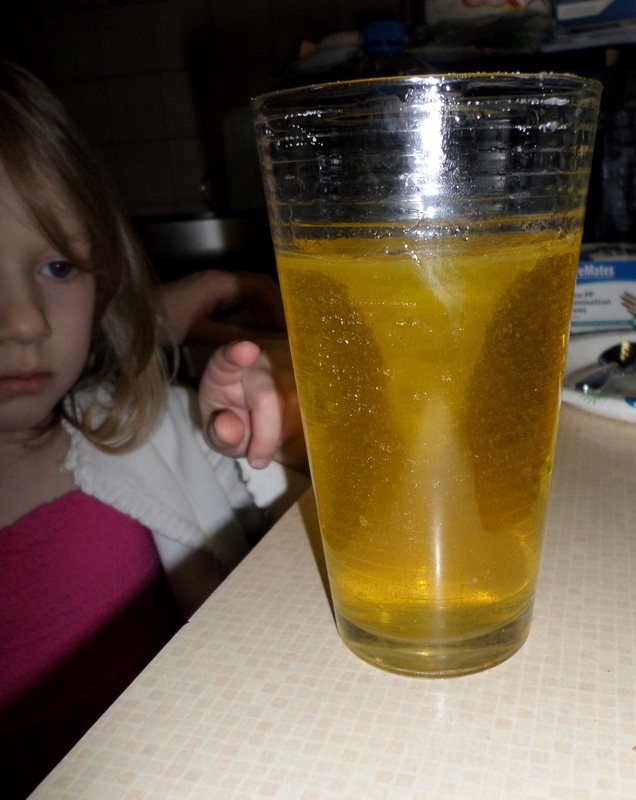Crystal Snowflake Science
Lesson Plan:Activity:
Crystal Snowflake Science
Lesson plan developed by Ms. Erika Geelhoed, BA Ed
Age Group:
* Lesson plan objective and assessment can be adapted to use this activity with preschoolers.
Objectives:
Children will:
EALR 2
Washington State K-12 Science Learning Standard:
EALR 2: Inquiry Big Idea: Inquiry (INQ) Core Content: Making Observations
|
|
Materials:
Procedure:
|
Assessment:
- Observe and record conversations children have about their findings. Were their drawings and information similar or were their differences? If there were any differences (size, shape, amount of time it took for crystal to form, etc.), have a discussion about it with children.
Click on the course icon for enrollment information.
Guiding Learning in Science and Technology/Engineering
|
Children are naturally curious. They wonder what things are called, how they work, and why things happen. The foundations of scientific learning lie in inquiry and exploration—these are the tools of active learning. Fostering a child’s sense of curiosity about the natural world around them can promote a lifelong interest in it. Scientific learning should not be limited to a particular “science time.” Teachers should look for opportunities to develop children’s understanding of scientific concepts in all content areas. To do so, children need to observe things first-hand as much as possible. The younger the children, the simpler and more concrete the activities need to be. Classrooms need to have scientifically accurate books about animals and their environments such as field guides, as well as fictional stories. In all activities, teachers should make sure they use, and encourage children to use, the precise language of science.
|
Inquiry Skills
Record observations and share ideas through simple forms of representation such as drawings.
Try it: Have each child select one item on a nature walk—like a leaf, rock, or other small object—and draw the item when back indoors. Encourage students to notice the shape, texture, colors, and weight of the object, noting fine detail if possible. Keep a journal throughout the year to save these observations.
Record observations and share ideas through simple forms of representation such as drawings.
Try it: Have each child select one item on a nature walk—like a leaf, rock, or other small object—and draw the item when back indoors. Encourage students to notice the shape, texture, colors, and weight of the object, noting fine detail if possible. Keep a journal throughout the year to save these observations.
